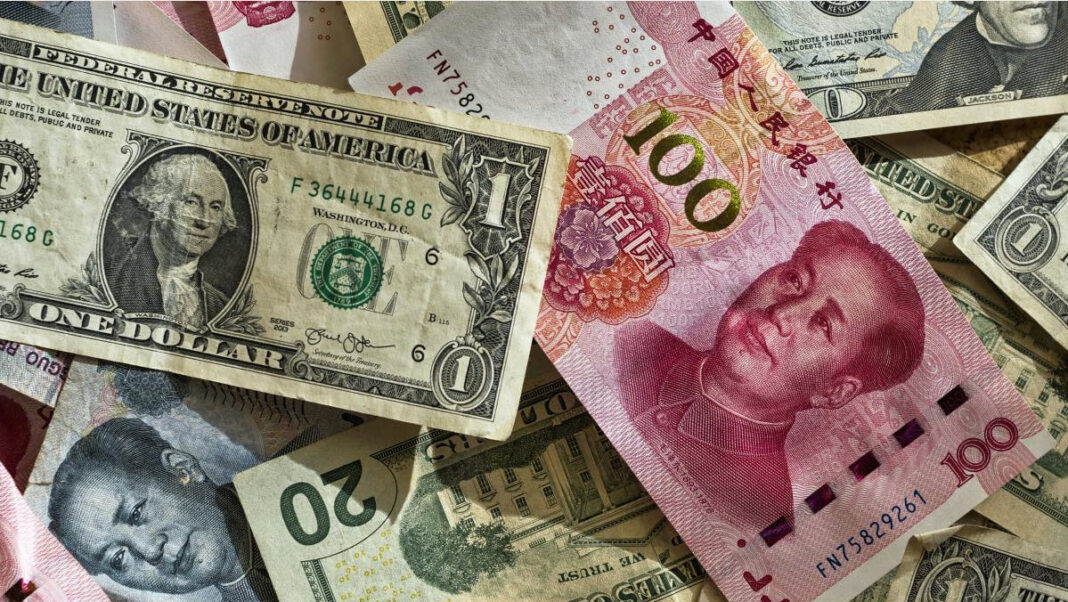Beijing is now the third-largest holder of U.S. Treasury securities.
China reduced its exposure to U.S. Treasury securities to the lowest level in more than 16 years, continuing the decade-long trend of trimming holdings of American debt.
According to new data released by the Treasury Department, Chinese stockpiles declined by about $8 billion, to $757.2 billion in April, from $765.4 billion in March. This is also down about $13 billion from a year earlier.
After years of being the world’s largest holder of U.S. debt, China now sits in third place behind Japan ($1.134 trillion) and the United Kingdom ($807 billion).
However, while Treasury data indicate a long-term downward trend in China’s U.S. Treasury holdings, strategists at JPMorgan Chase argue that the numbers are misleading.
“China wants to show declining holdings because it’s not politically convenient to show that they are a) continuing to build their reserves or b) plowing excess savings into the sovereign debt of their main geopolitical rival,” they said in an April 25 research note.
Instead, they say, China has been disguising its holdings through “shadow reserves” that are off the balance sheet of the People’s Bank of China or those purchased by state banks.
April Turbulence
A chorus of market watchers speculated that the Chinese regime was fiercely dumping its portfolio of Treasury securities during the April turbulence. This concern has been prevalent for the past decade, with economic observers warning that Beijing could weaponize its U.S. assets by rapidly selling bonds, potentially triggering instability in global financial markets and causing interest rates to soar.
The worst-case scenario appeared to emerge in April. Volatility was pervasive across the U.S. bond market, with the benchmark 10-year yield experiencing significant fluctuations following President Donald Trump’s announcement of sweeping global tariffs.
While foreign investors reduced their investments by a small amount, the latest Treasury International Capital (TIC) figures suggest the drop was not substantial enough to trigger the enormous swings observed throughout the market tumult. If China and other large foreign holders were offloading their holdings, the turbulence would have been more severe than it was.
“Our view is that there are a number of reasons why U.S. Treasury bonds are selling off, but forced deleveraging is likely the primary culprit,” Lawrence Gillum, the chief fixed-income strategist for LPL Financial, wrote in a recent note emailed to The Epoch Times.
“That is not to say there hasn’t been foreign officials selling—it just isn’t the primary reason for the bond selloff, in our view.”
Matthias Dettwiler, the head of fixed income at UBS, says the world is likely rethinking U.S. debt.
“For a long time, the U.S. has managed to keep Treasury yields relatively low due to their special status as reserve assets and the U.S. dollar’s role as a reserve currency,” Dettwiler said in a June 16 research note. “This perception of safety and implicit guarantee is now being questioned, regardless of where we land on tariffs.”
As for China, the regime’s pursuit of lowering its exposure to American debt has been a multi-faceted approach.
By Andrew Moran








